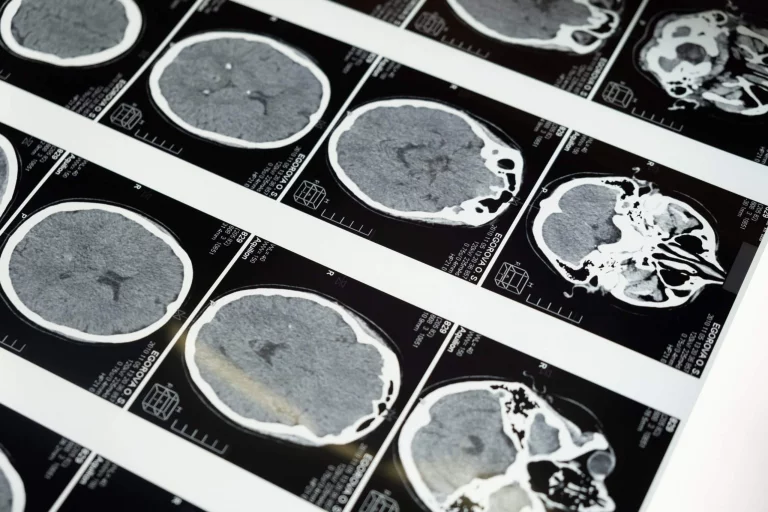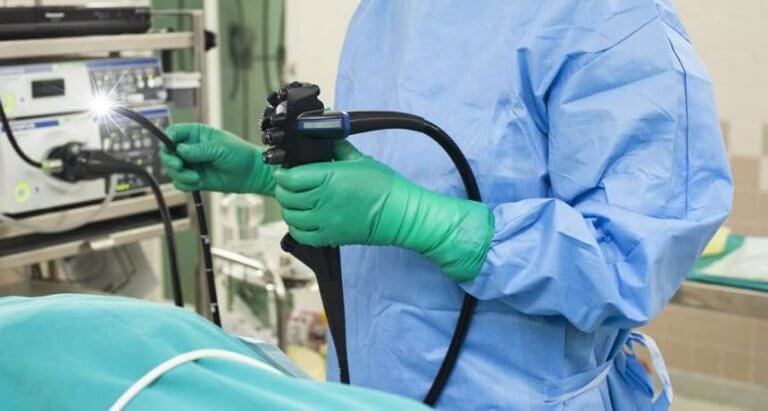Identify a Disease
Diagnostics 101
The word Diagnosis comes from the ancient Greek word diagignōskein, which means “distinguish”, “discern”. This branch of medicine refers to the process of identifying a disease or an injury from the signs observed in a patient by a qualified medical practitioner and symptoms experienced by the patient. a diagnosis can be achieved by doing a physical examination, gathering the patient’s family history, running blood tests or radiological tests, or collecting a tissue sample (biopsy) for further examinations. This process enables health practitioners to precisely and accurately identify the cause of the disease or injury, and determine the most appropriate treatment strategy.
Diagnostics 101 is aiming to provide comprehensive guidelines on the most and less common diagnostic procedures, describing how to prepare and what to expect from those. A better understanding of these diagnostic procedures sets the basis to make informed decisions about your health care.
How to Fast For a Medical Scan
Medical imaging or scan is a technique used by health professionals to create visual representations of the internal body structures, including organs and tissues. The purpose of a medical scan is to diagnose a particular health condition and perform clinical analysis. X-ray, CT, and MRI are some examples of medical scanning techniques. These scans help […]
Brain Function and Sections in MRI Scans
Do you want to know how health professionals analyze brain functions and detect abnormities by analyzing sections in MRI scans?
What are Osteoporosis Scans?
A bone density scan, also called osteoporosis scan, is a low-dose x-ray examination that measures minerals in your bones to diagnose osteoporisis
Telehealth During Covid-19 – Here is what you need to know
The coronavirus (Covid-19) pandemic has stunned the entire world. It has affected millions of people across the world in terms of health, business, and economy. The year 2020 is a desperate time for healthcare organizations and professionals. Although the concept of Telehealth is there for quite some time, its significance has increased during the pandemic. […]
The Ultimate Guide to Colonoscopy
A Colonoscopy is a procedure to view the colon and rectum’s internal structure for cancer, polyps, or disorders like Crohn’s disease and ulcerative colitis…
What Are The Benefits Of A Medical Second Opinion?
It is common to feel confused for a person when he or she faces a new medical diagnosis. Most often, it is not easy to make an informed decision while navigating the healthcare system. The problem becomes even bigger when the patient has to choose between several medical treatment options. Therefore, it is essential to […]
Subscribe for Health Resources
Join our mailing list for access to software, subscriber-only content and more.





